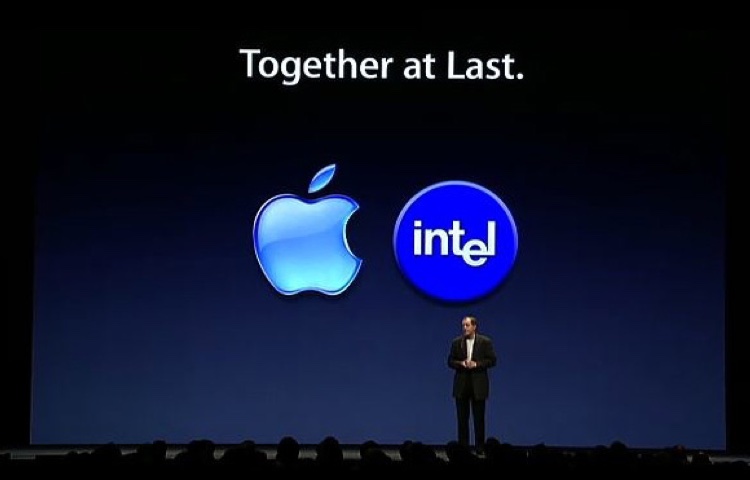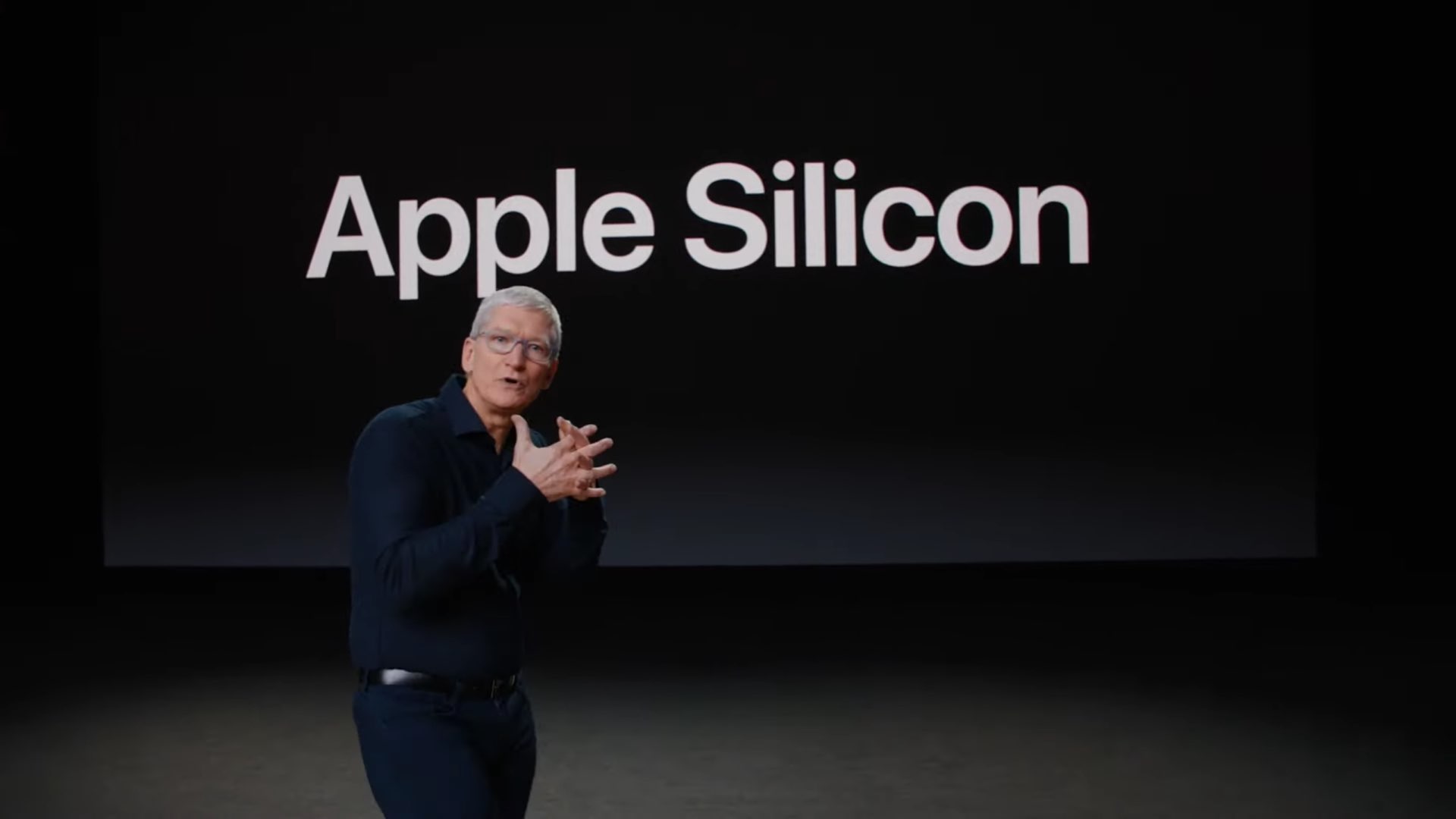According to an ex-Intel engineer, bad quality assurance of Intel’s Skylake chips has reinforced the notion within Apple that the company should hasten its long-expected switch to its own in-house designed desktop chips based on its custom sic lion in iOS devices.
Skylake’s QA woes
PC Gamer interviewed former Intel engineer François Piednoël:
“he quality assurance of Skylake was more than a problem. It was abnormally bad. We were getting way too much citing for little things inside Skylake. Basically our buddies at Apple became the number one filer of problems in the architecture. And that went really, really bad.
To Piednoël, that became the inflection point:
This is where the Apple guys who were always contemplating to switch, they went and looked at it and said: ‘Well, we’ve probably got to do it.’ Basically the bad quality assurance of Skylake is responsible for them to actually go away from the platform.
Following rumors dating as far back as 2012, Apple at this week’s WWDC formally announced the switch to its own custom chips for the Mac, dubbed Apple Silicon. This will be a two-year transition, Apple said, with first Macs based on Apple Silicon coming by the end of 2020.
Introducing Apple Silicon
Apple is providing developer tools to make the transition as painless for customers as possible. It’s revived its Rosetta technology back from the PowerPC → Intel transition in 2005 that will allow apps that haven’t been optimized for Apple Silicon to run on ARM-based Macs.

Rosetta 2 will translate Intel code to ARM as soon as the app is downloaded, and it’ll work with plug-ins and other macOS components that were unsupported by the original Rosetta. Apple is also expanding its universal binary feature so that developers could ship their apps for both Intel and Apple processors in the same binary, similar to the universal iOS apps.

Having its own desktop chips will free Apple from Intel’s increasingly unreliable roadmap while bringing power savings (paving the way for either thinner or longer-lasting devices) and accelerating graphics substantially.
Convinced yet?
Apple says only its own silicon lets it engineer future Macs it’s envisioned. From a development perspective, have the same CPU platform across all of its platforms will permit Apple and its developers to deliver innovations faster and across all devices.
Are you convinced that Apple and its user base will weather this transition successfully? And what possible issues do you see in Apple’s custom silicon strategy?
Share your observations with fellow readers in the comments down below!